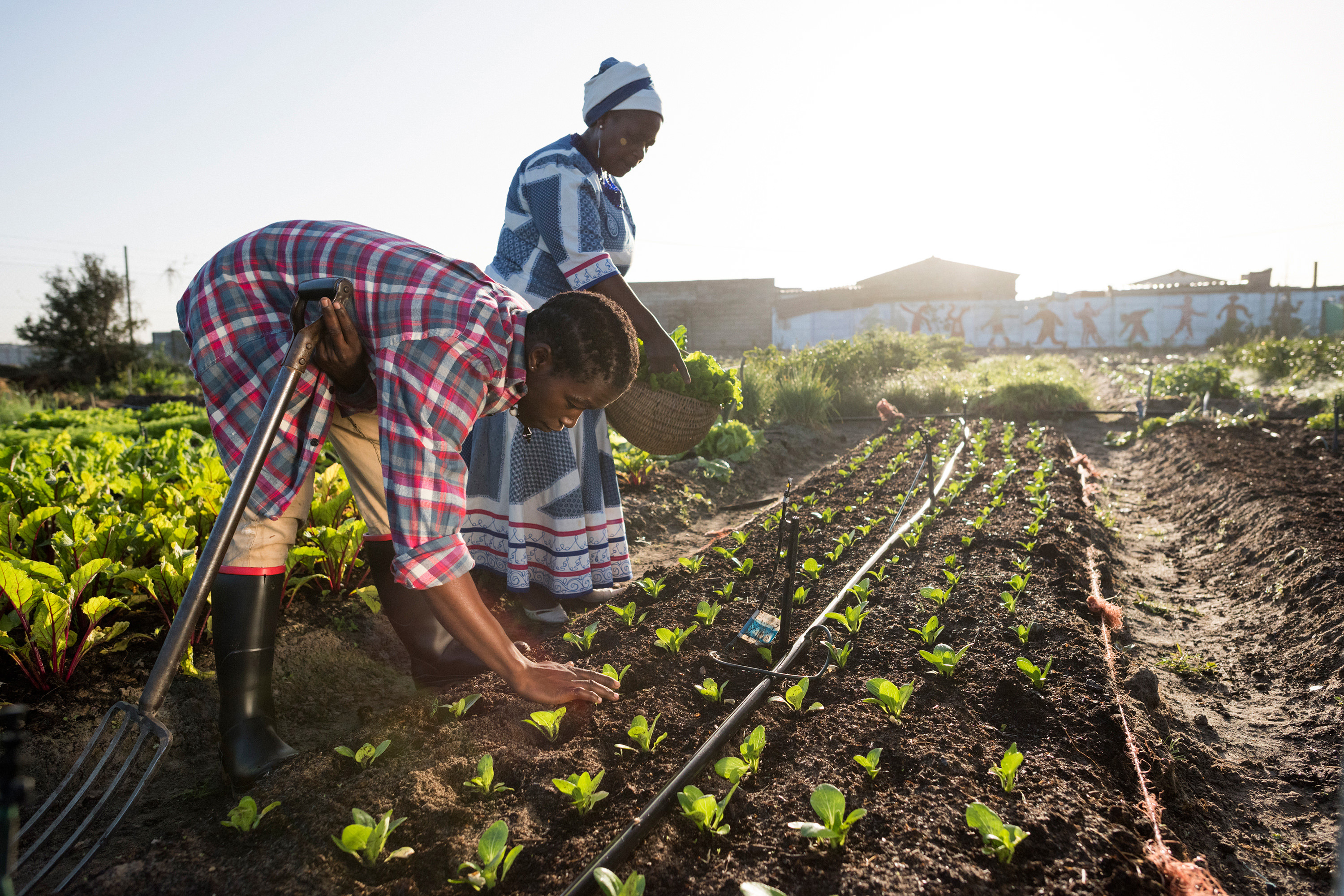Youth employment and micro, small and medium sized enterprise (MSME) development are often in the public debate. Governments in Africa have introduced a number of programmes to promote employment via these mechanisms, but the understanding of which interventions are most effective and for which types of individuals they have an impact is limited. Furthermore, women face particular barriers such as social and cultural norms to entry and continuing in the labour market, as well as in growing businesses. In order to design gender sensitive policy, further understanding of the reasons for gender inequalities in earnings and productivity and evidence on how to effectively close the gender gap is necessary. The research team studies these aspects through two randomised controlled trials in a fragile state in West Africa, Togo.
Alternative training programs for small-scale entrepreneurship
In a review of impact evaluations of business training programmes, McKenzie and Woodruff (2013) note that several impact evaluations of traditional managerial based trainings have seen fewer or no significant effects on women when compared to men. At the same time, some studies have shown encouraging results from different styles of training based on either changing the behaviour of the entrepreneurs or on using rule of thumb-based training.
While management programmes have shown mixed effects, we test in Togo an alternative intervention aiming to expand entrepreneurship. Our informal firms training program tested two different types of business training for informal micro and small entrepreneurs in Lome. 500 entrepreneurs were invited to attend a Business Edge training, which is an internationally accredited managerial training program developed by the International Finance Corporation. A separate group of 500 entrepreneurs were invited to a psychology-based training program on personal initiative, which is defined as self-starting, future-oriented, and persistent proactive behaviour. Both training groups received four months of in-house one-on-one mentoring after the training to reinforce the principles of the training and to assist them in implementing changes in their business.
Policy implications of this research
The results enable us to provide detailed policy recommendations for ongoing and new programmes to combat youth unemployment and support MSME development in Togo and in the region. This work programme also informs gender sensitive active labour market and enterprise development policies. By knowing which types of interventions are most effective for increasing women’s integration into the labour force and improving their earnings, the results help better target programmes and design policies that work toward closing the gender gap. The Government of Togo has expressed a commitment to maximising the impact of their policies through a solution-oriented policy approach.
